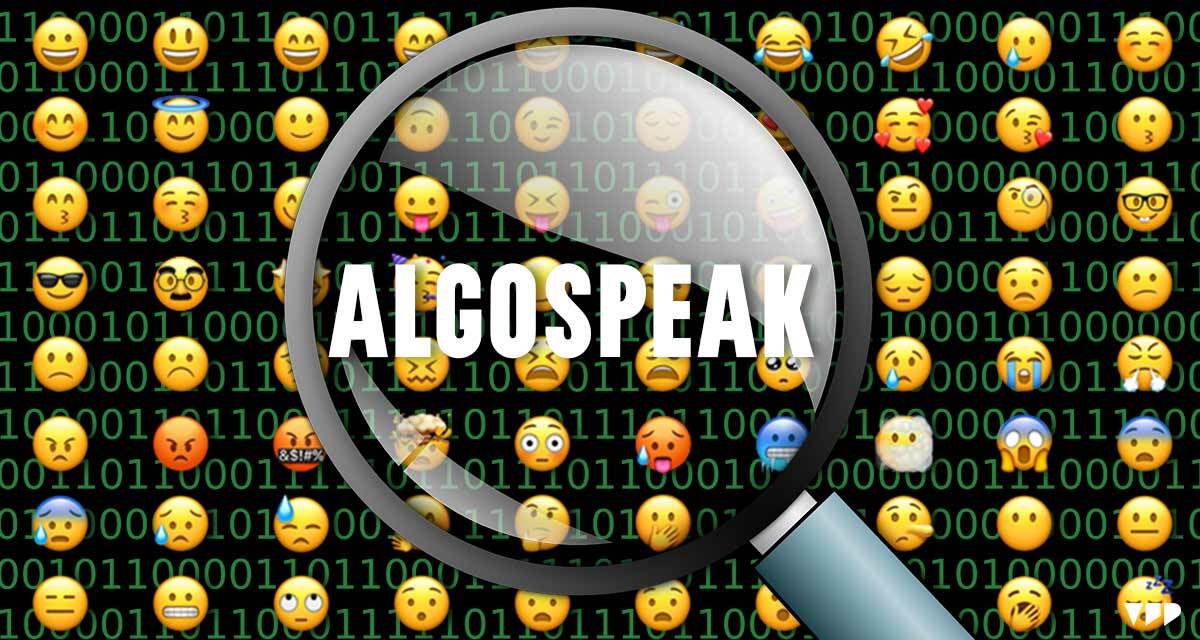The Internet is becoming fluent in “algospeak”
The Future. People online are using “algospeak,” a mixture of seemingly innocent emojis and codes, to discuss controversial or illegal topics in plain sight. It’s mostly being used to avoid AI-moderation tools on social platforms, online games, and other chat rooms. But as a term’s or emoji’s hidden meaning is discovered, it usually disappears and is covertly replaced with a new one. As always, the internet moves fast… so moderation tools and moderators themselves will need to innovate just as fast to keep up.
Code in the code
According to Forbes, there’s a rise in “algospeak,” which is using “codewords, emojis, and deliberate typos […] to avoid detection by apps’ moderation AI when posting content that is sensitive or might break their rules.”
Here are some examples, according to Siobhan Hanna, head of AI data solutions for Telus International — a firm that provides AI content moderation for social platforms:
- Emojis: the “crab” emoji (to denote an “eye roll” or “crabby response” to the death of Queen Elizabeth), the “ninja” emoji (to denote derogatory speech about the Black community), and “corn” emoji (to denote pornographic material).
- Codewords: the word “camping” (to talk about abortion), the word “unalive” (to post about casualties in the Ukraine-Russia war), and any numerical references to 6/4 (the anniversary of the 1989 Tiananmen Square massacre).
- Misspelled words: people use an “$” for an “s” or a “0” for an “o,” or say the word “seggsual” in place of “sexual.”
AI investigation
Telus International reports some troubling findings about algospeak.
- Most algospeak is used to avoid moderation around hate speech.
- Half of Americans report seeing a dramatic increase over the past month.
- A third of Americans report using algospeak on both social platforms and gaming sites to “circumvent banned terms.”
What makes it tricky to police algospeak is its fleeting nature. Describing how emojis/terms trend, Hanna explained: “it will spike, it will garner a lot of attention, it’ll start moving into a kind of memeification, and [it] will sort of die out.”
And then it’s onto the next one.
TOGETHER WITH CANVA
No design skills needed! 🪄✨
Canva Pro is the design software that makes design simple, convenient, and reliable. Create what you need in no time! Jam-packed with time-saving tools that make anyone look like a professional designer.


